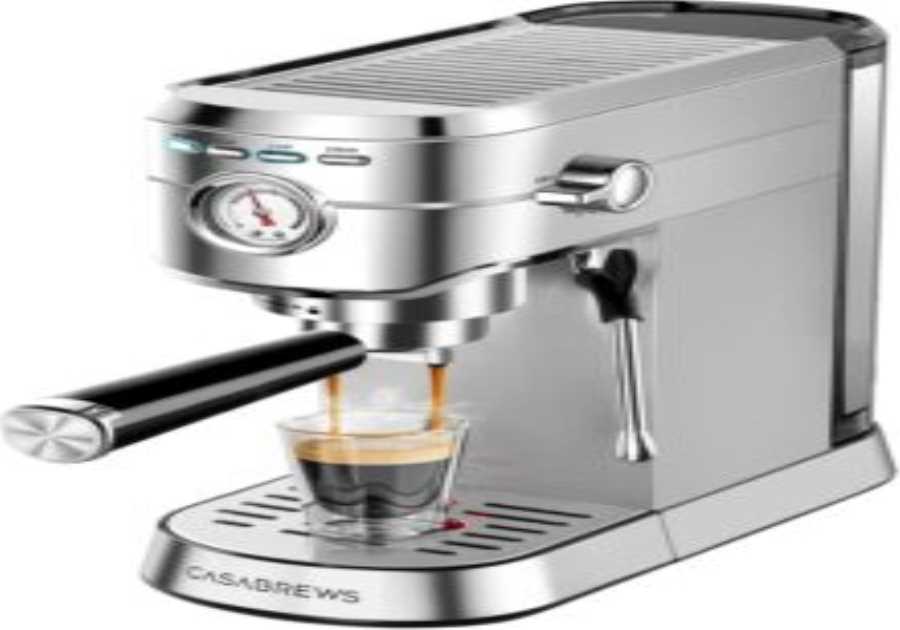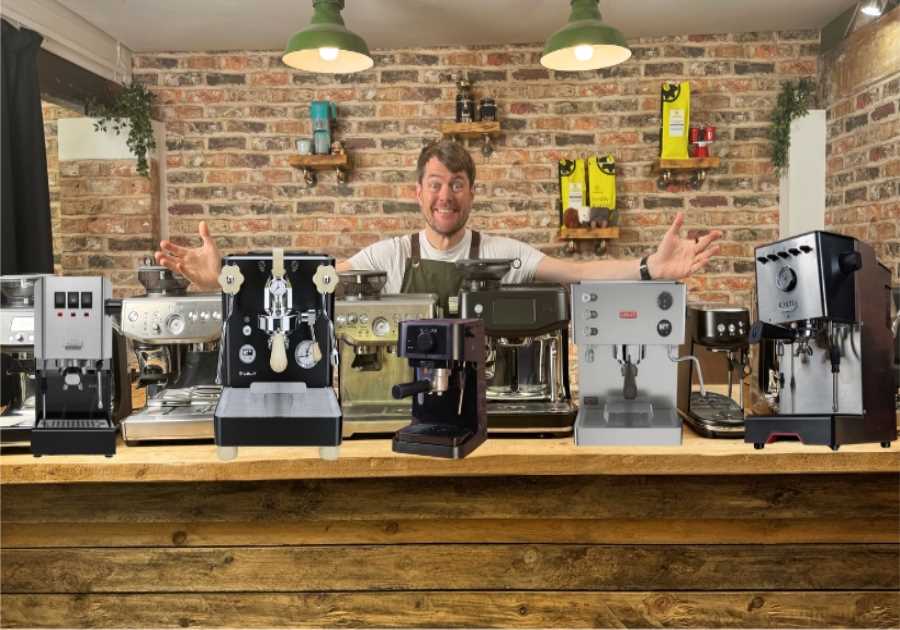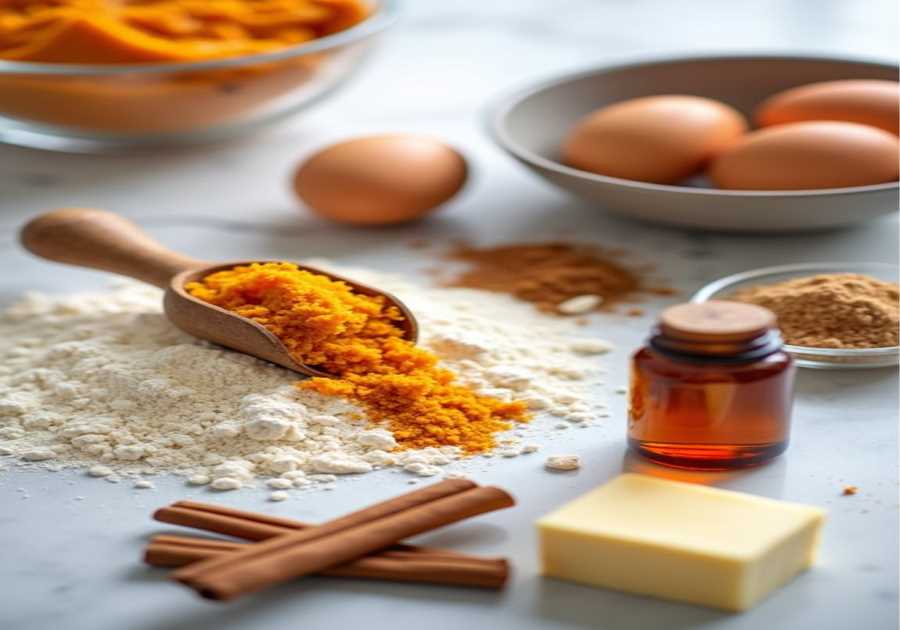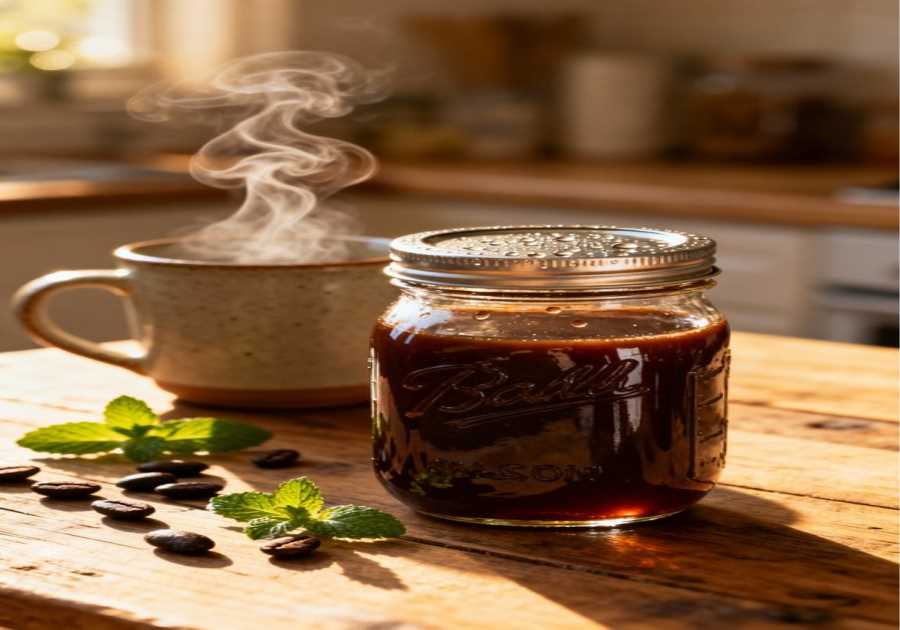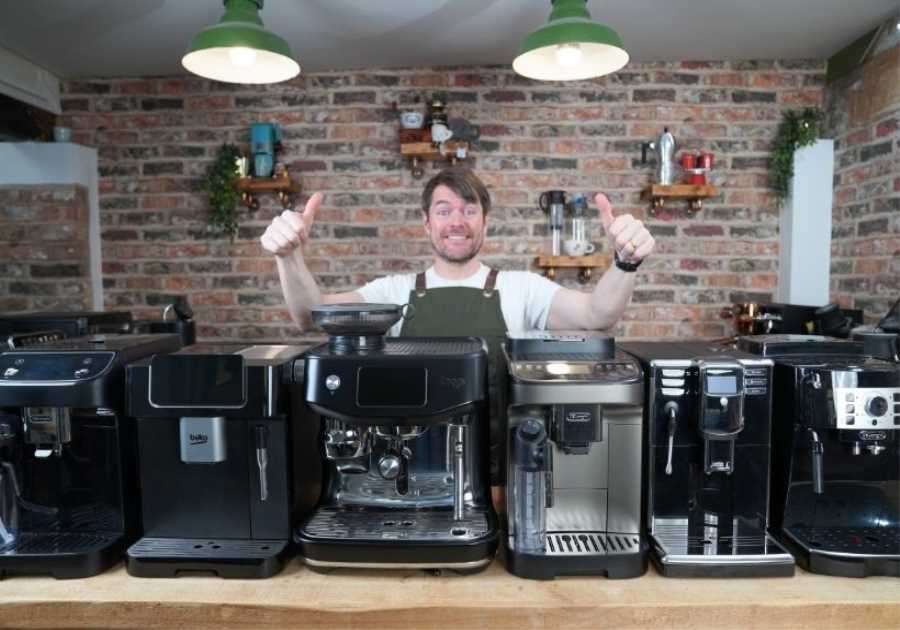Since its inception in 2000, the World Barista Championship has showcased some of the most exclusive and high-end coffees in the world. Along with other World Coffee Championships – most notably the World Brewers Cup and World Coffee Roasting Championships – choosing which coffee to use at the WBC is one of the most important decisions a competitor can make.
A widely popular choice among many is Gesha – a variety known for its exceptional quality and flavour profile. In recent years, however, we have also seen more and more competitors opt for lesser-known arabica varieties – and even “forgotten” coffee species.
Sourcing coffee for the World Coffee Championships is a lengthy process in itself, but another pertinent question remains: how much do competition coffees cost? Moreover, can we even generalise this question, or is it very much dependent on each coffee?
To find out, I spoke to a national Barista Champion, a national Brewers Cup winner, and a US Barista Championship competitor. Read on for more of their insight on the costs of competition coffee.
You may also like our article on how competitors source coffee for the World Barista Championship.
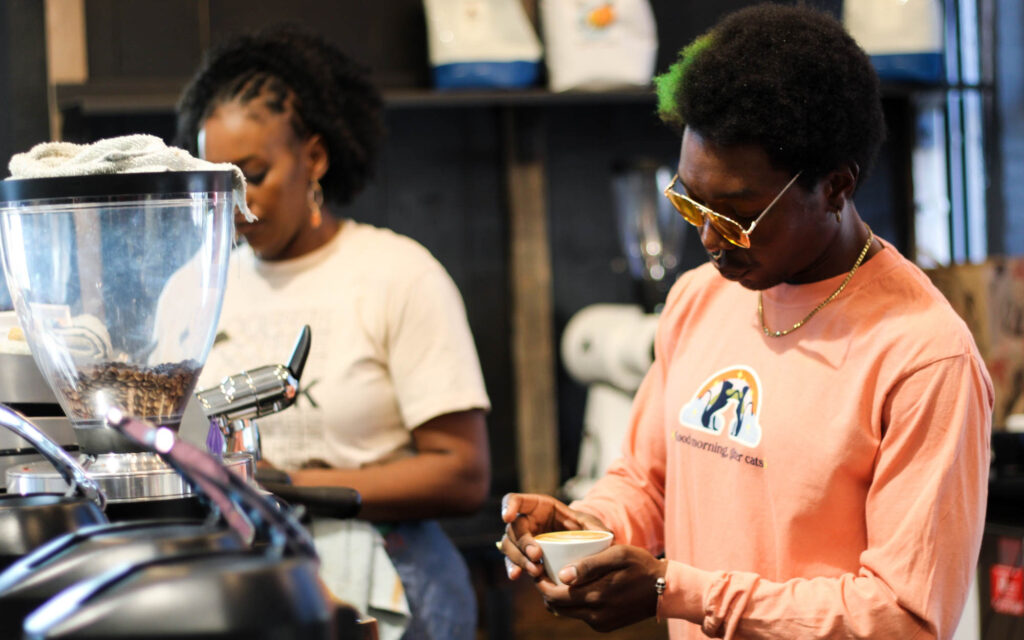
How do WCC competitors source their coffees?
For any World Coffee Championship competitor – particularly at the WBC and WBrC – ensuring your routine stands out is essential. Choosing which coffee to use on stage is at the heart of this.
An option for many competitors is to work with coaches and taste a variety of coffees in blind cuppings. This allows them to select a coffee purely based on flavour profile, rather than looking for a specific variety or processing method.
If they have the financial means to do so, some competitors will visit farms to find their competition coffee. Here, they are able to work more closely with producers to either decide on a specific coffee, or have more input on processing techniques to develop a certain flavour profile.
Harry Ko is the quality control manager at green coffee trader Bennetts in Australia. He is also the 2022 Australian Brewers Cup Champion, and placed eighth in the world final that year.
For his routine, Harry tells me he used a Sidra coffee from Colombia which was processed using a “heavy fermentation” method. He explains that he worked closely with producers to process the coffee.
Which coffees are the most popular?
The Gesha variety has been the darling of specialty coffee for some time now. It took the industry by storm in 2004 when it received US $21/lb at the Best of Panama (BoP) auction that year. This was a record high at the time.
Fast forward to 2021 and a honey processed Gesha produced by Elida Estate sold for an eye watering US $6,034/lb – by far the mst expensive coffee in the world.
So it comes as no surprise that many World Coffee Championship competitors have used Gesha in their routines. For instance, of the 11 World Brewers Cup champions from 2011 to 2022, eight used Gesha – including 2022 WBrC Champion Shih “Sherry” Yuan Hsu.
However, it was also during previous World Coffee Championship events that we saw more unusual and lesser known coffees presented on stage. Some of these included:
- Coffea eugenioides – used as a single origin by 2021 World Barista Champion Diego Campos, and in a blend by 2021 WBrC Champion Matt Winton
- Eugenioides was also used as part of a blend by 2021 WBC runner-up Andrea Allen and Hugh Kelly, who placed third at the 2021 WBC, and used eugenioides and liberica
- Morgan Eckroth, 2022 US Barista Champion, also used eugenioides in last year’s competition
- Sidra – used by 2022 World Barista Champion Anthony Douglas and 2019 World Barista Champion Jooyeon Jeon
How can the price of competition coffees vary?
Harry tells me that the price of his Sidra coffee was around AU $30/kg (US $19.73). However, when freight and customs costs were also accounted for, the price doubled – but Harry acknowledges that this is still on the lower end of the price range for competition coffee.
“The price you pay for coffee isn’t just about its cup score and flavour notes,” he says. “You also have to account for the harvesting and processing, as well as the export.”
The cost of other particular coffees, meanwhile, can be much higher.
Ricardo Azofeifa Mora is a barista, Q grader, and exporter in Costa Rica. He is also the 2022 Costa Rican Barista Champion. He tells me that from his experience, competition coffees can range from US $10 to $50/lb.
Veronica Pearl is the founder of Glitter Cat Barista, and a coffee educator and consultant. She also placed second in the 2018 US Barista Championship. She tells me she has seen competitors use coffee which costs upwards of US $150/lb.
Harry, meanwhile, says that while sourcing his coffee for the 2022 Australian Brewers Cup, he came across coffee priced at a staggering AU $10,000 (US $6,564.75) per kg. He adds that this coffee was far over his budget of AU $200 (US $131.29) per kg.
Who pays for these coffees?
It’s fair to say that most baristas can’t pay for competition coffee out of their own pocket. Even with credit cards and loans, competitors will often go through many kilograms of coffee to dial it in correctly. So how do they end up using them in their routines?
One option is for sponsors to pay for a competitor’s coffee. Sponsors can be their employer, mentor, or another company or organisation.
“More recently, we have seen a rise in independent competitors,” Veronica tells me. “There are also quite a few roasters now who will pay for competitors’ coffees, which can eat away their profits.”
Harry explains that for the majority of his seven years of competing, he has split the costs of coffee with his employer. For the 2022 regional Australian Brewers Cup, he says he paid for his coffee. For the national Australian Brewers Cup, meanwhile, his employer paid for his coffee.
Ricardo explains that last year, he received full funding for his competition coffee as part of an initiative to promote Costan Rican coffee on an international level.
“At last year’s WBC, I used coffee from my farm, Cafetalera Orígenes, and I was sponsored by Corazón de Jesús farm,” he adds. In his routine, Ricardo used Coffea sessiliflora, which is native to Tanzania and Kenya, but was provided by the Tropical Agricultural Centre for Research and Education (CATIE) in Costa Rica.
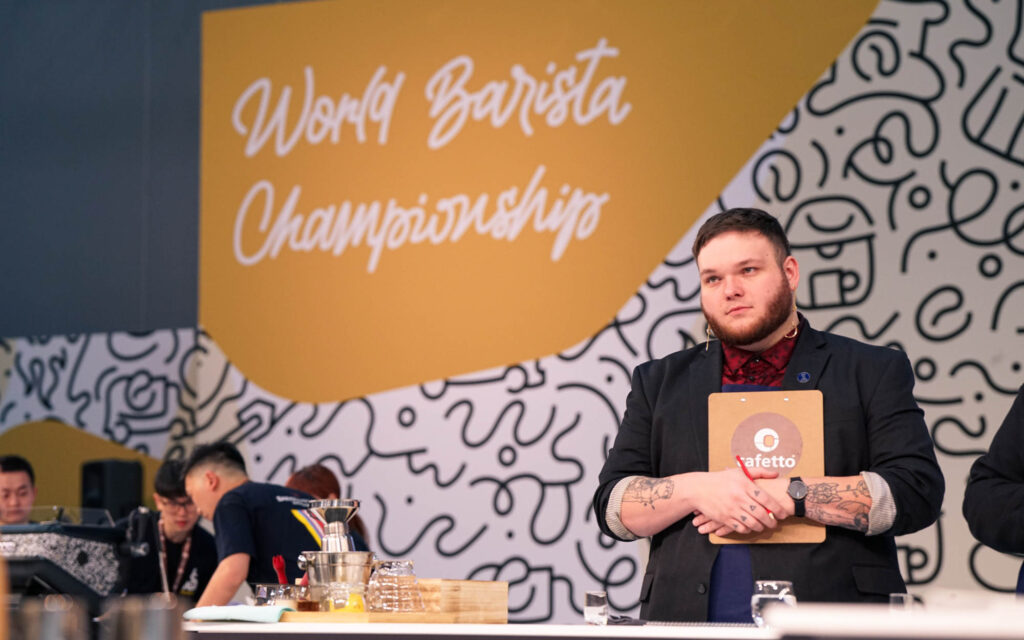
Do higher coffee prices put some competitors at a disadvantage?
The conversation around the exclusivity of the World Coffee Championships (particularly the WBC) has been ongoing for some time now. The widespread trend of using more high-end and sought-after coffees at the WBC and WBrC is certainly part of this exclusivity, as these coffees tend to fetch higher prices.
At the same time, new and intriguing coffee species and varieties – as well as innovative processing methods, brewing techniques, and sensory profiles – is what makes these competitions so exciting and high profile.
However, we do also need to acknowledge that coffees which come with a higher price tag will inevitably ostracise many competitors who simply can’t afford them.
“The more money you have, the more likely that you will excel in competitions – particularly the WBC as there is no compulsory round,” Veronica explains. “And until we can find a way to balance the scales, the winners of these competitions will typically be from more economically-developed countries, which tend to be consuming countries.”
But Veronica explains that barriers to competing at the World Coffee Championships aren’t just limited to the price of coffee.
“Competitors from consuming countries usually have a unique advantage, mainly because they have the opportunity to choose coffee from any producing country,” she says. “They are also more likely to be able to afford more expensive coffees.
“Competitors from producing countries are usually more limited to using coffee which grows within their borders,” she adds. “To be clear, a winning competitor and their coffee can come from any country, but as the judging and rules stand now, there is a bias towards more expensive coffees from a select few countries.”
Other factors to consider
When it comes to sponsorship, Harry explains it can be difficult for some companies and organisations to fund competitors – especially until baristas have already won competitions as a means of “proving” themselves. He says, for example, that the competition entry fee in Australia alone is around AU $300.
Besides paying for coffee and competition fees, WBC and WBrC competitors also need to consider a number other costs, such as:
- Training and coaching
- Travel and logistics, including visas
- Equipment
“Moreover, paying for more expensive coffee doesn’t necessarily guarantee that you will win,” Ricardo says.
In line with this, both he and Harry agree that competitors should focus on other aspects of their routines.
“If using an expensive coffee was the only way to win, I wouldn’t participate in the competition,” Harry says. “I believe that competitors can overcome this obstacle.
“Even if I know a particular, expensive coffee will win the competition, I’m probably not going to use it because I can still rely on my sensory and technical skills,” he adds.
Similarly, Ricardo believes that competitors from producing countries can give themselves an edge if they are closer in proximity to coffee farms.
“We usually have better access to a more diverse range of coffee,” he says. “But ultimately, you need to know how to use these coffees to win.
“In my case, I take pride in representing Costa Rican coffees,” he adds.
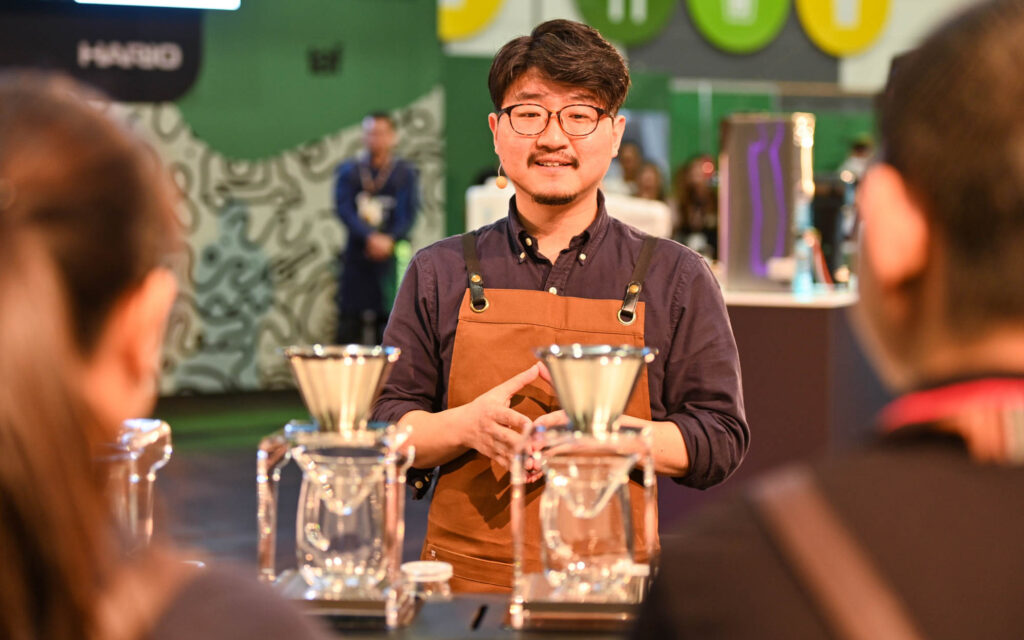
How would we make competition coffees more accessible?
Making the WCC more accessible – especially the World Barista Championship – is certainly an important part of achieving true sustainability in specialty coffee. Ultimately, using more “traditional” or less expensive coffee varieties and species could be a big part of this.
Harry, however, doesn’t think that the trend of using more accessible coffees at competitions will pick up – especially because flavour profile and innovation in processing methods are so important.
“It’s not necessarily about the price, but more high-end processing techniques and ‘rediscovered’ coffees are popping up more and more in competitions,” he says.
Ricardo points out that with a seemingly renewed focus on using rare varieties and species, he sees prices actually increasing for competition coffees, as these coffees are difficult to produce at scale. Moreover, he explains that producers catering to WCC competitors tend to grow more high-end coffees, which are naturally less accessible and affordable.
Veronica mentions that price caps on competition coffee are unlikely to work, but she thinks rule changes could encourage competitors to source more affordable coffees.
Potential benefits
According to Harry, however, one of the more positive aspects of expensive competition coffees is that farmers can benefit. Not only do prices of the winning WBC and WBrC coffees usually increase in the following harvest season, but farmers can also receive support from the competitors with harvesting and processing.
As part of a mutually beneficial relationship, competitors can help farmers grow more exclusive and ultra-rare coffees, and potentially diversify their offerings.
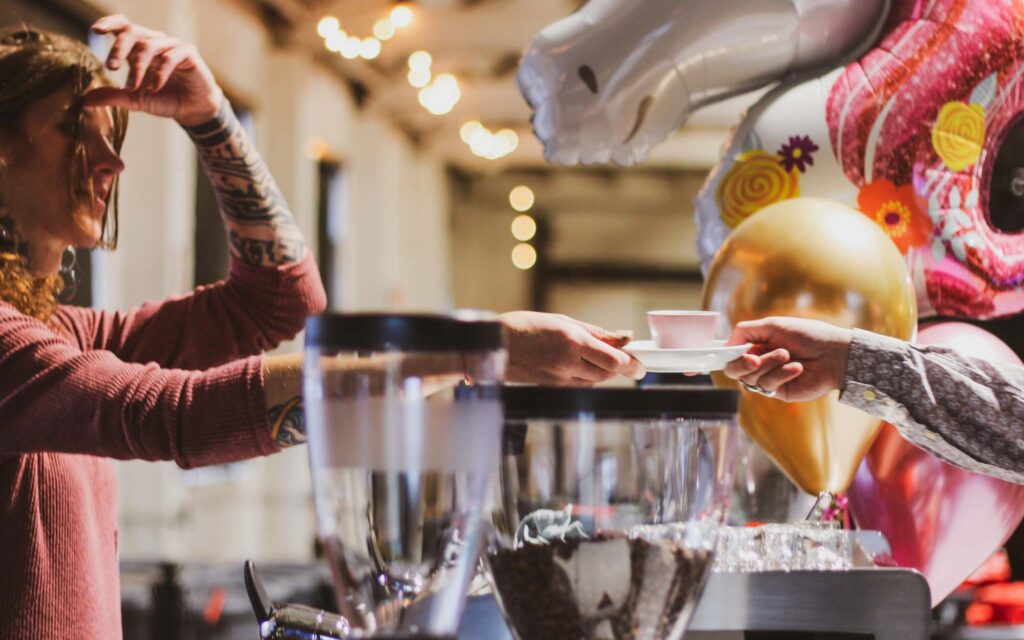
Extraordinary coffees naturally come with higher price tags – and so they should. These coffees are special and unique for a reason.
But that’s not to say they are guaranteed to win the World Barista Championship or World Brewers Cup. Ultimately, what matters more is farming best practices, processing methods, and the skills of the competitors themselves.
Enjoyed this? Then read our article on whether World Barista Championship competitors always need to practise with official equipment.
Editor’s note: Quotes from Ricardo Azofeifa Mora were translated from Spanish into English.
Photo credits: Specialty Coffee Association, World Coffee Events, Nhan Trinh
Perfect Daily Grind
Want to read more articles like this? Sign up for our newsletter!
The post How much do competition coffees cost? appeared first on Perfect Daily Grind.
By: Melina DevoneyTitle: How much do competition coffees cost?
Sourced From: perfectdailygrind.com/2023/06/cost-of-competition-coffee/
Published Date: Wed, 07 Jun 2023 05:31:00 +0000

